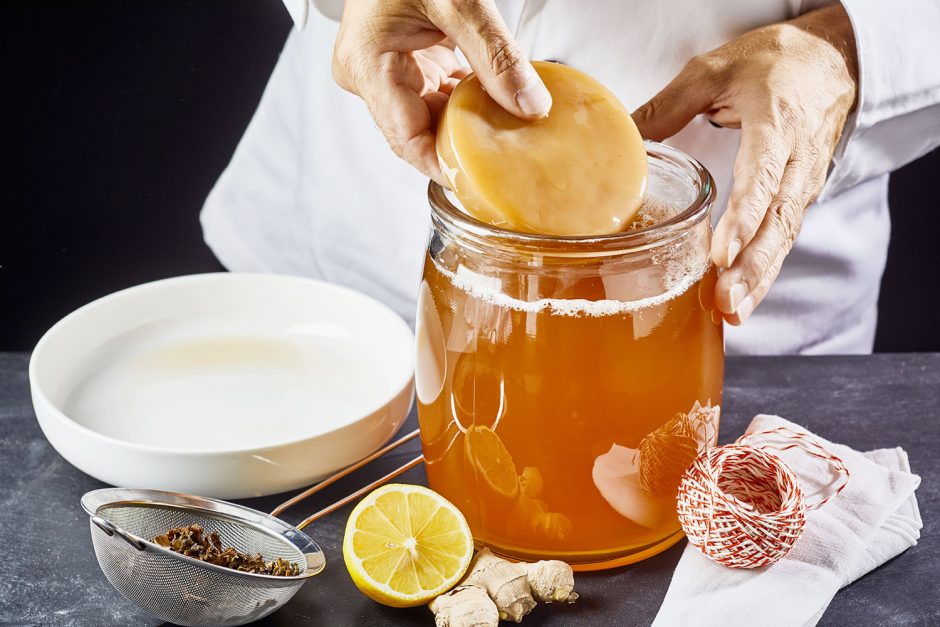The Deep Roots of Chinese Cooking in Thai Cuisine
Discover how Chinese cooking has shaped the gastronomic evolution of Thai cuisine!
Discover the authentic in Asian cuisine food

Kombucha is loved in Australia, not so much for its taste as much as for its health benefits. The fermented tea drink is considered a wonder and an essential part of everyone’s diet.
But is it? Is kombucha another super-food myth that needs to be debunked? To answer that question, let’s first figure out exactly what it is.
Kombucha is a fermented tea drink made from green or black tea (or both), sugar, yeast and bacteria, and is believed to have originated in China about 2,000 years ago. It’s made by adding a colony of live bacteria and yeast, known as a SCOBY (symbiotic colony of bacteria and yeast), to sweetened tea and leaving it to ferment for a few weeks. The resulting beverage is lightly sparkling slightly sweet, a little sour and has a tiny alcohol content.
The beverage is believed to have been invented in Manchuria in the far north-east of China, before spreading through Russia and into the rest of Europe. But it’s really exploded in the U.S and Australia in the last 10 years as a part of the super-food/health boom.
So why do we think it’s good for us?
Kombucha contains B vitamins, antioxidants and probiotics, but the drink’s nutritional content will vary depending on the brand and how it’s prepared. Basically, no 2 bottles are the same, especially if you’re trying to brew it yourself at home. There’s a bunch of sugar added to aid the fermentation process – up to 8
grams per serve – so you need to be aware of the sugar content as well.
But the main reason people drink Kombucha isn’t’ for the perceived low-calorie count, it’s because it’s thought to promote good gut health.
Foods that go through a natural fermentation process gain
probiotic properties. Probiotics are live microorganisms and eating foods rich in them may bring benefits like improved digestion and the more balanced gut microbiome.
Kombucha’s fermentation process produces probiotics and organic acids (including acetic acid), which could have inhibited the growth of pathogenic bacteria including Salmonella and E. coli.
It’s made from tea, which contains a particular variety of polyphenols (naturally occurring plant chemicals) known as catechins. These have strong antioxidant properties which are thought to have numerous benefits when taken regularly.
The problem is, none of the above claims has been verified. Speaking to choice.com.au, CSIRO senior research scientist Dr Michael Conlon, who specialises in diet and gut health said, “The health potential of probiotics can vary depending on the number and type of microbes, and the composition of your gut microflora. It’s likely the number of microbes in kombucha would be quite low. While fermentation generates certain types of acid and other bioactive compounds that can be beneficial, whether they get through to the large bowel so that a benefit can be gained is unknown.”
Studies regarding the claimed benefits of kombucha have largely been carried out on animals, and according to Conlon, “There’s a lack of scientific evidence from human clinical trials to support the claims and more research is needed.”
So there you have it, a sceptical, “probably not” answer to the question – is kombucha good for you.
On the plus side, it’s not bad for you either.

Discover how Chinese cooking has shaped the gastronomic evolution of Thai cuisine!

Crispy outside, savoury and tender within, these noodle-wrap prawns are sure to delight!
-300x200.jpg)
Enjoy the rosy layers of sweet Kuih Lapis with our step-by-step recipe!